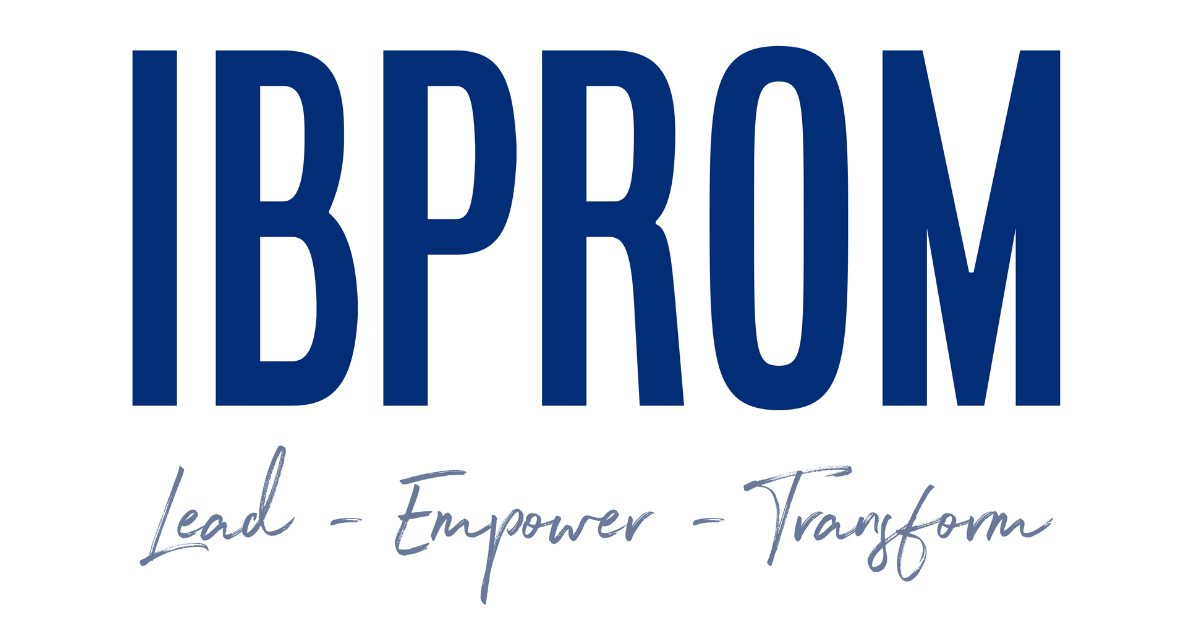In all honesty, most hiring managers are not happy with their history of decisions. Sure, they may appear confident on the surface, but underneath it all, they know things could be better. Most of the time, these hiring professionals -whether it’s a hiring manager, CEO, president, or even an owner of a small business (let’s say five or six employees) — appear confident, steadfast in their decision-making processes, but deep down, in the shadows, with the door closed, on their way home stuck in a difficult commute, they understand: things could be better.
Instinct is one thing, but if you want to improve your hiring practices, you have to get past that. You need to get beyond the emotional and move toward clear, measurable data.
There are numerous factors that go into hiring decisions, including an applicant’s resume, their education, their work history, and even their demeanor. Unfortunately for most hiring professionals, it’s the latter that tends to influence their decisions the most.
In other words, people tend to rely on their instincts, their emotions, their first impressions, and even their prejudices. Make no mistake, everyone has prejudice. That’s not the same as being racist, sexist, or any other -ist out there; prejudice is based on preconceived notions, thoughts, or concepts involving another person or group.
Everyone has prejudice. Let me highlight this for you now.
You’re hiring for a middle-management position. You’ve narrowed down your search from over 120 applications and resumes to 10 interviewees. The first five interviewees step into your office dressed to the nines. One might be in a suit and tie, another in a carefully constructed dress ensemble, and another in a power suit. The sixth one steps in wearing sweatpants, an old, beat up rock ‘n roll shirt, and high-tops that aren’t even tied.
Who are you immediately going to dismiss? Regardless of what’s written on their resume, their experience, or their knowledge, most professionals are going to
immediately dismiss that last person, that sixth person. Simply because of the way he or she is dressed. Now, this doesn’t mean you have to forgo decorum in your office. People dress professionally and business leaders expect that in many cases because appearance does matter to many aspects of running a successful business. It’s not the end-all be-all of professionalism, but how a person presents themselves can give you a lot of insight into how they respect authority, even their prospective manager or boss.
That emotional reaction to the sixth candidate is a prejudice. The moment they step into the office or interview room, you judge them. You made an assessment about them. Now, that doesn’t happen very often, especially when hiring for middle or upper level management positions, but it is happening at entry-level positions more and more these days.
You can learn a lot about a person by how they present themselves outwardly, but then you miss some of the key data that could give insight into how well they might’ve worked out in your business structure.
Trying to Be Fair
One of the most common things hiring professionals today talk about is fairness. Trying to be fair. They understand the value of diversity, not just from an economic and public perception standpoint, but in helping their business grow. They want to be fair, they want to have good structure, but when it comes down to hiring, too often busy professionals struggle to figure out how to balance the two. They know they need to be fair. They understand the importance and value of diversity, but
how do you get to that point when your emotions are the first thing that influence most decisions?
About two-thirds of hiring managers admit they tend to lean on their instincts rather than data when making decisions. If being structured and having fairness are vital to you, your instincts are going to cloud your judgment.
Relying on emotions, first impressions, and your gut instinct is going to create more difficulty in determining a process that will, ultimately, come across as truly fair. After all, if you are going with your gut instinct on hiring decisions, trying to be ‘fair’ all the time, you’re going to end up with that revolving door of having to interview, hire, onboard, and then do it all over again.
Many times, these hiring professionals are not consciously turning to their biases. It’s an unconscious thing. It’s something that, despite their best efforts to put aside, keeps coming up and influencing their decisions.
The modern era has made ‘instinct’ more troublesome.
In the wake of the Covid-19 pandemic, business professionals are conducting more interviews remotely. They might be doing them by Zoom or Skype or some other video teleconferencing app or feature. These virtual interviews don’t give hiring decision- makers the best ‘view’ of potential hires. While business professionals may now be turning back to in-person interviews, a lot of vetting is still happening virtually (and will likely continue). Those initial interviews, the first questions are more commonly being asked virtually, either by email or in one of those Zoom or Skype chats.
When you are in a virtual interview, you can’t pick up on subtle details and clues, especially nonverbal clues, which include body language. If a person is fidgeting, their eyes are wandering, you may not know it’s because they are restless, nervous, or simply don’t know that they should be looking at the camera rather than the computer screen when answering a direct question.
When they’re in your office, or in a conference room, face-to-face with you, that’s a different story. You can tell if they look bored, disinterested, or easily distracted. You can’t get the same impression from a virtual interview. That’s why now is not the time to be relying on instinct, especially if you or your company have begun employing virtual interview sessions to any degree. When you put all your hope in your instincts, your gut, your first impressions, you will find less consistency in hiring successes.
You’ll have to re-interview, sift through a whole new slew of applications, and hire another person again and again and again, hoping you find the right person eventually, only to begin the process once more for another position in your company.
Fairness Means Equality
Now, I’m not talking about equality and hiring practices based on race, ethnic background, gender, religion, sexual preference or identity, or any of the dozens of their common criteria. I’m talking about fairness in assessment of the individual, their merits, their experience, and their ability to fit the job best. If you are assessing people with different measures of instinct or emotion, you are not being fair or equitable. You are not giving some of the best potential candidates a fair shake. And that’s where many of the problems lie. If you rely on concrete, dependable data, you will have much better success hiring the right people for each ‘job fit’ that you have in your business.
If you want a consistent hiring process that is healthy and fair, focus on these three critical factors:
- Does the applicant align on the key job fit requirements?
- Are you able to accurately and effectively train new hires so they can do the job properly?
- Do you follow a structured interview process?
The vast majority of hiring professionals miss at least one or two of these key steps, if not all three. You understand, as a seasoned veteran of the hiring process, that a person’s application or resume is going to be designed to impress. If they do it right, they are hitting all the right keywords and phrases that align with the job description.
But as we’ve shown in a previous article, the job description doesn’t always mean the right ‘job fit.’ That’s why your job description and goals for the person you want to hire need to be clearly identified before you begin the hiring process. Before you write a job description, make sure you understand what attributes and characteristics will make the optimal job fit.
Different opinions.
Unfortunately, when you get right down to it, within even the smallest of businesses where more than one person is involved in the hiring decisions, you end up with people who don’t align with the most basic job fit requirements. This leads to unstructured interviews or a poor onboarding, training system. If you don’t have alignment with your team and there is no structured, data-driven methodology to help new recruits get up to speed with the job details, work patterns, and company culture, you’re going to constantly have problems.
Did you know that fewer than 20 percent of companies actually align with the three key steps outlined above? That’s a staggering stat when you get down to it. It’s more staggering when you realize that those three factors are the foundations of good hiring practices.
Even though there may be discrepancies among hiring professionals or those who make decisions or help onboard new recruits, most every business professional ultimately wants the same thing: consistency. The last thing anyone wants is to have to go through this process again and again. Not only is it time-consuming for you and those who have to make these decisions or train new hires, it’s also costing the business money.
Focus On the Data
What data are we talking about? Some of it involves the basics: job skills, education, work history and experience, and the most common things business professionals think about when hiring. What about those details that don’t fit properly in a resume?
The data you want to dig in deeper on may include behavioral assessments, their ability to solve problems, honesty and integrity, and much of that can be discerned (to a significant degree) based on key questions you ask during an interview. That’s why some people are better at interviewing than others; they know the right questions to ask and when to ask them.
But it’s not just the questions you ask, but how a candidate answers them, their body language, and their unique, individual thinking style. In other words, their cognitive ability. You can gain insight into one’s cognitive abilities based on their learning concepts, their vocabulary, numerical concepts, how they solve word problems, and basically how they solve other problems.
Yes, this can mean potentially longer interview processes, but you can also vet out certain candidates during the application process by having carefully thought out
questions they must answer before they can submit their application. We’re seeing this done more and more with large corporations, especially when hiring entry-level positions. Once you get somebody in the interview room with you, that’s when you can dig deeper with tougher questions. That can help you mine out data regarding their behavioral traits, how they pace themselves, how assertive they are, whether they are sociable or comfortable in social situations, whether they conform or remain independent, their decisiveness, their ability to accommodate directions, their
independence or willingness to follow along.
When you gather data, you can make better hiring decisions that ultimately help your company grow and avoid the constant revolving door of hiring and rehiring.








